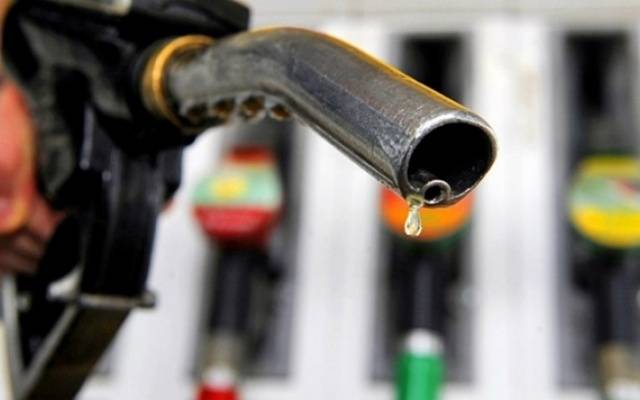Despite a drop in global prices, fuel prices may rise - IES.
Despite an 8.48% drop in the price of gasoline, a 5.86% drop in the price of LPG, and a 7.26% drop in the price of gasoline in the international market, the Institute of Energy Security (IES) predicts that fuel prices in the domestic market will rise marginally.
According to the IES, the steep depreciation of the Ghana Cedi against the US Dollar may wipe out the gains from the international fuel market.
Because of the Cedi's depreciation, Ghanaians may have to buy fuel at much higher prices or deal with the current pump prices in the coming days, according to the IES.
The following are the specifics of the IES statement:
FUEL PRICE INCREASES ON THE WAY, EVEN AS INTERNATIONAL PRICES FALL"
AUGUST 2022 FIRST PRICING-WINDOW REVIEW
Performance of the Local Fuel Market
Prices in the local market fell slightly as a result of price changes in the international market. Oil Marketing Companies (OMCs) monitored within the pricing window reduced their pump prices by GH40p. The national average price of gasoline per litre is Gh10.58, down from Gh11.30 in the previous window, representing a 6.37% decrease. The national average price of gasoline per litre is Gh13.28, down from Gh13.65 previously, representing a 2.71% decrease.
The IES Marketscan identified Total, Goil, Puma, Shell, and Sel: as OMCs with the highest-priced fuel on the downstream petroleum market within the window. Meanwhile, Petrosol, Benab, Goodness Oil, and Zen Petroleum, as well as Benab Oil, have been identified as the OMCs with the lowest-priced fuel on the local fuel market.
Global Oil Market
Brent's price on the international market continues to fall. The International Benchmark dropped 2.80% from the previous pricing window's average price to $98.38 per barrel today, down from $101.21 per barrel.
IES Construct, using Oilprice.com data
Oil prices have lost all of their gains since Russia's invasion of Ukraine, as recession fears grow.
Fears of a recession, steady Russian oil exports despite early projections of huge losses in the vicinity of 3 million bpd, decreased Chinese manufacturing activity, and COVID-related lockdowns affecting fuel use have all contributed to bearish sentiment in the oil market.
The hurricane season in the United States this month and next may force the shutdown of Gulf of Mexico production platforms and Gulf Coast refineries. The end of US Special Petroleum Reserve releases in October could be another good cause before the year's end.
While some analysts believe that as recessions approach, oil prices will continue to fall, others believe that the current recession will not result in a year-over-year decline in oil consumption.
Global Fuel Market
Within the recently ended pricing window, fuel prices monitored on Standard & Poor's (S&P's) Platts platform experienced losses. From the initial price of $1103.75 per metric tonne to the end date price of $1010.75 per metric tonne, the price of gasoline fell by 8.48%.
Gasoil prices have also fallen by 7.26% from an earlier price of $1112.75 per metric tonne to a current price of $1032.00 per metric tonne.
LPG prices continue to fall on the international market. Prices dropped 5.86% from the previous window price of $659.00 per metric tonne to an end date price of $620.38 per metric tonne.
Local Foreign Exchange
Data from the foreign exchange (Forex) market monitored by the IES Economic Desk over the last two weeks show a further steep depreciation of the Cedi against the US Dollar. The Ghana Cedi fell by 5.40% from its previous rate of Gh8.35 to its current rate of Gh8.83 per US dollar.
SECOND PRICING-WINDOW FOR IES PROJECTIONS IN AUGUST 2022
Despite an 8.48% drop in gasoline prices, a 5.86% drop in LPG prices, and a 7.26% drop in gasoil prices, the Institute for Energy Security (IES) predicts that fuel prices on the local market will rise marginally at the pumps.
The sharp depreciation of the Ghana Cedi against the US dollar threatens to wipe out the gains made in the international fuel market. Because of the Cedi's depreciation, Ghanaians may have to pay much more for fuel in the coming days, or deal with the current pump prices.




No comments yet
Be the first to share your thoughts!